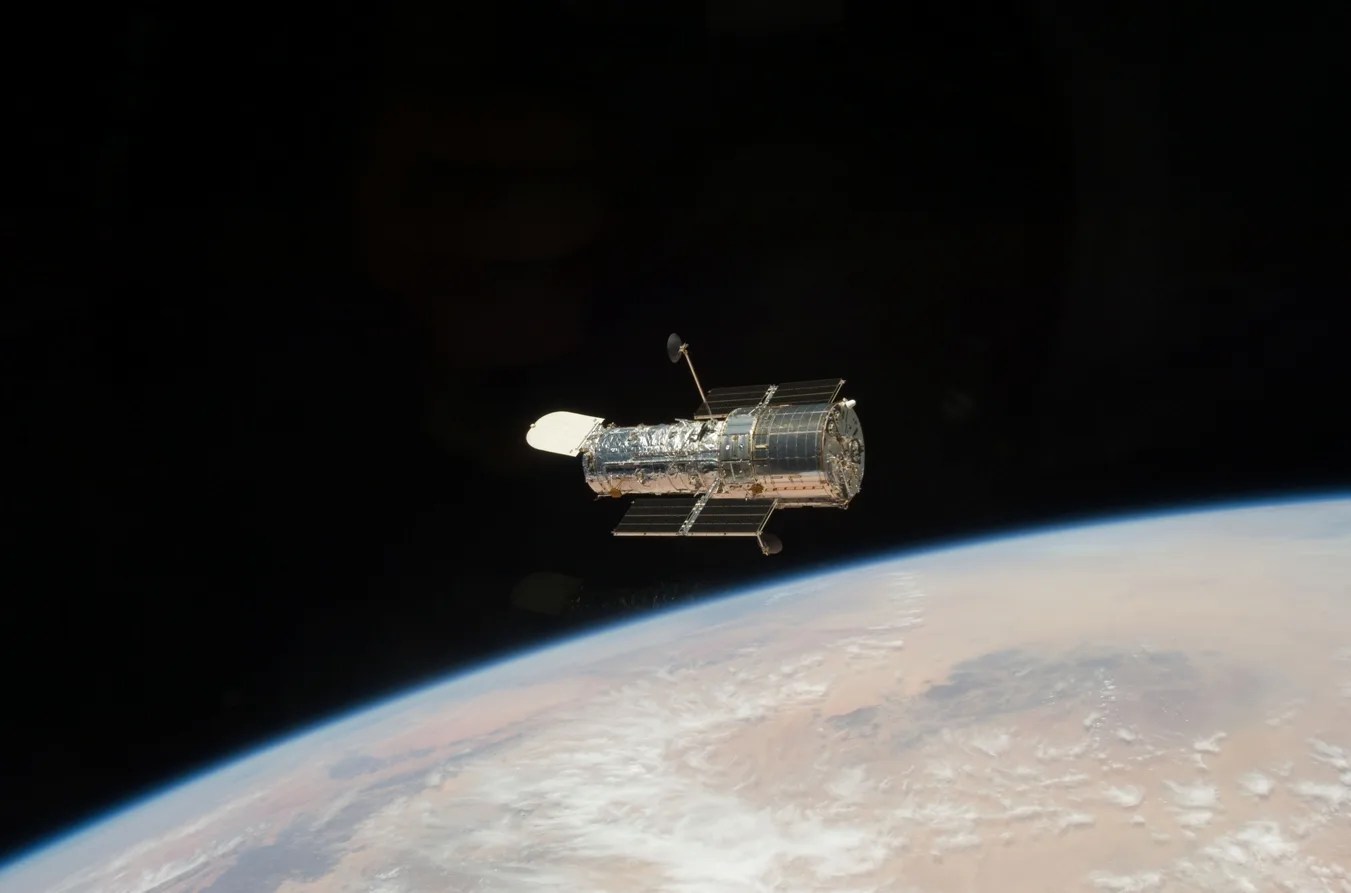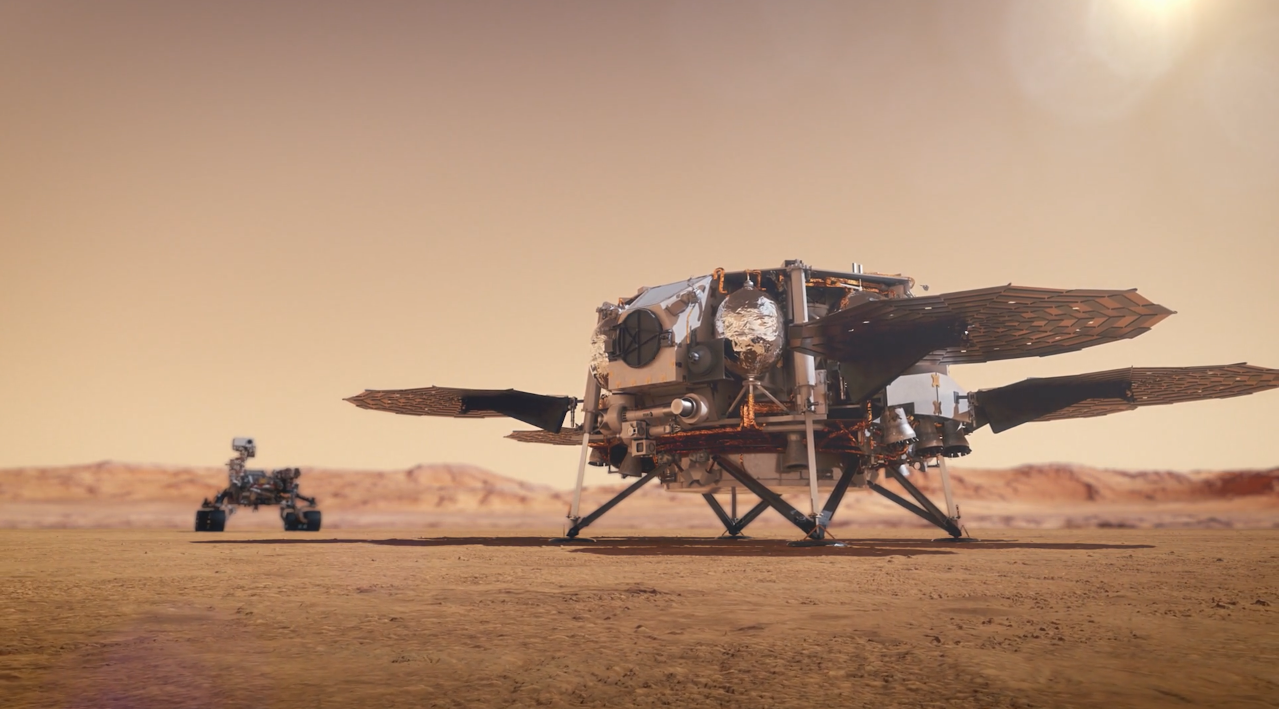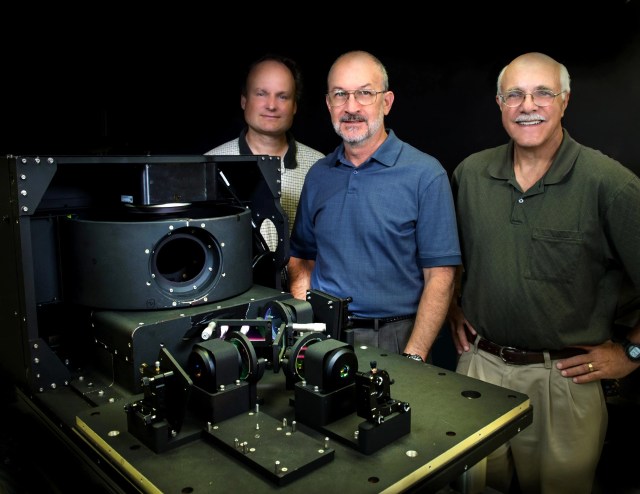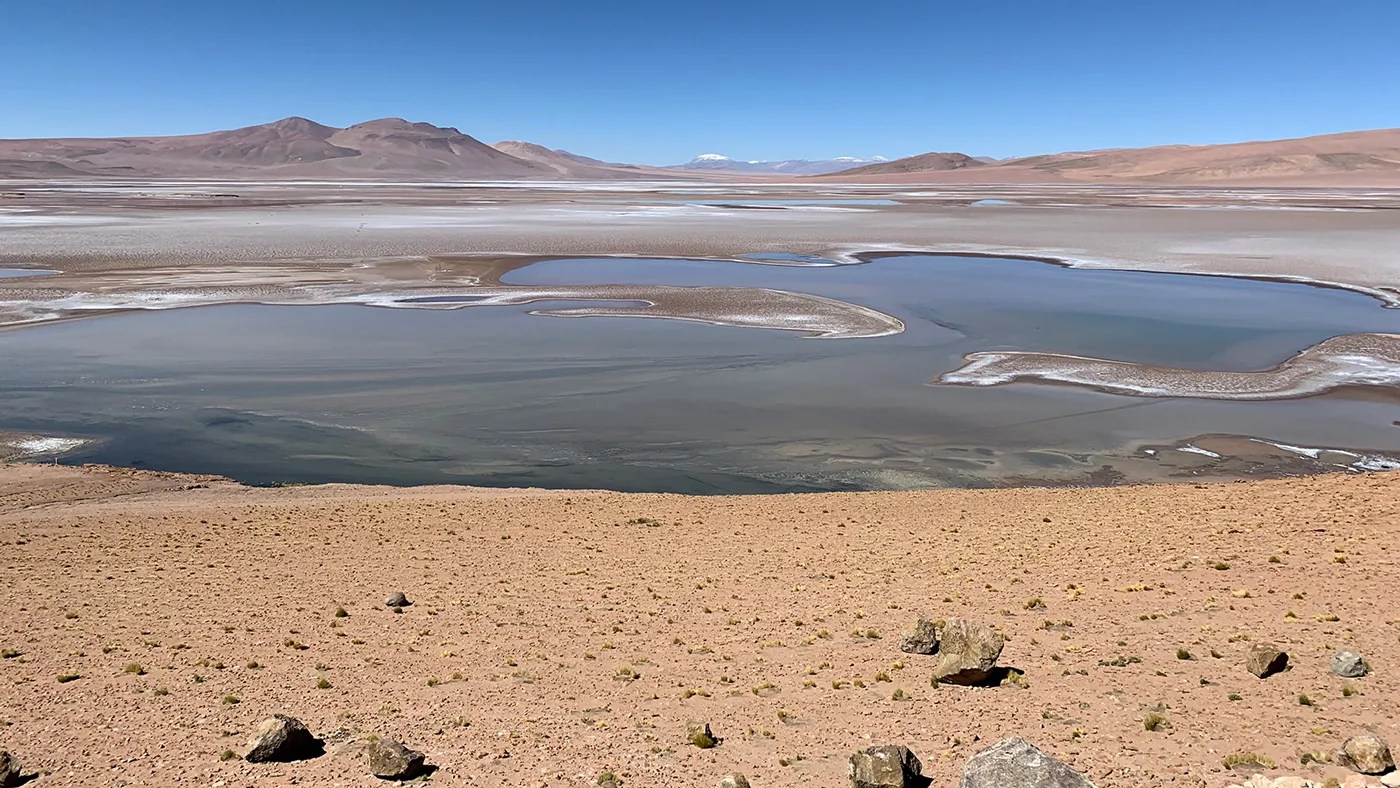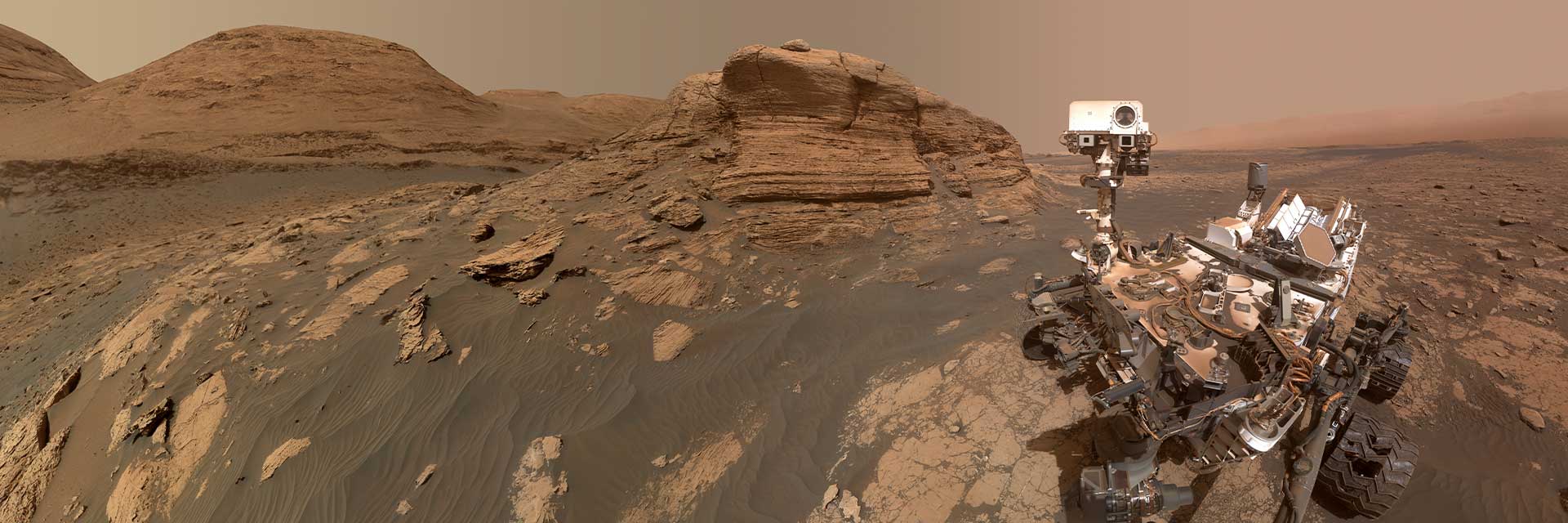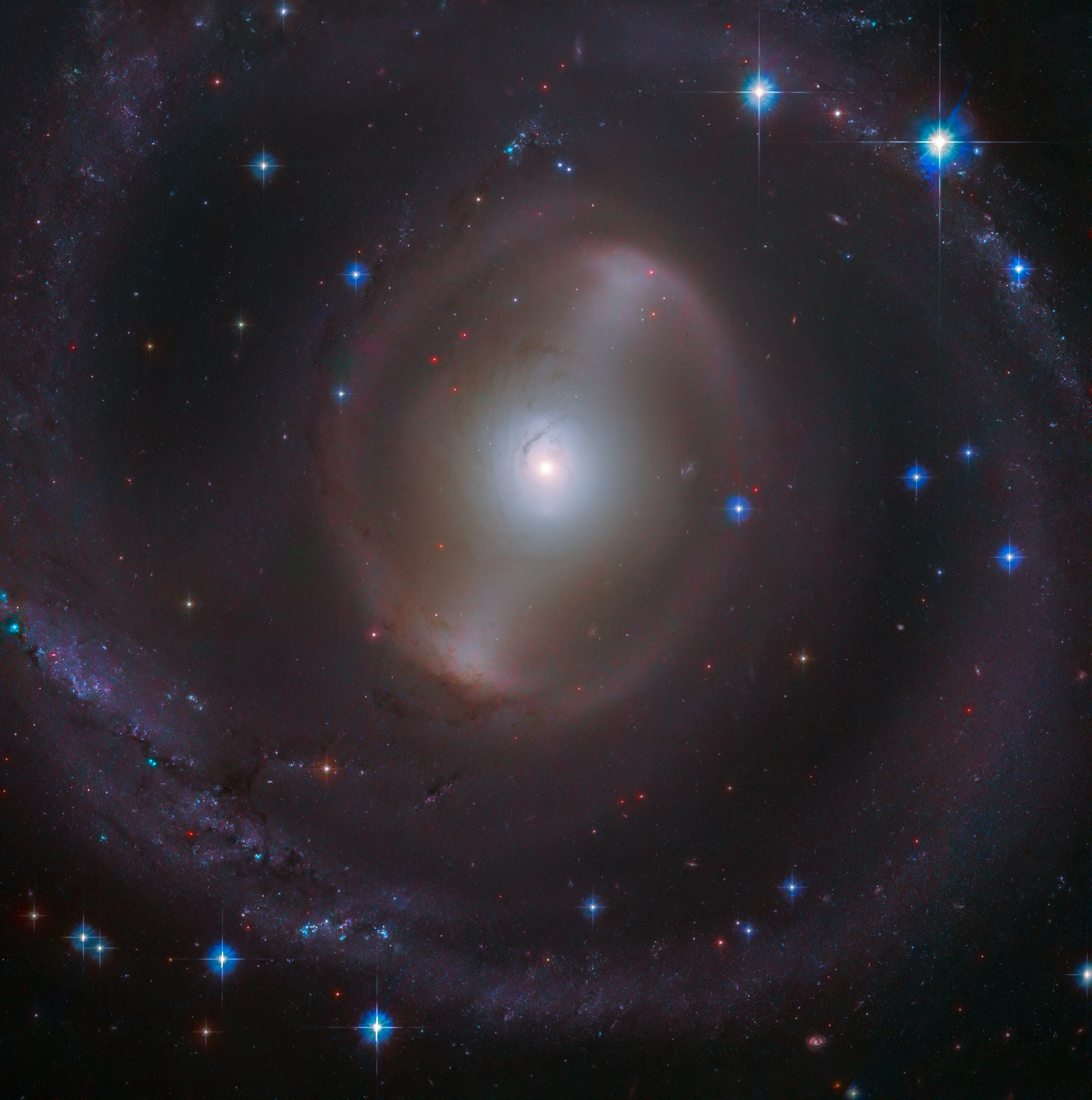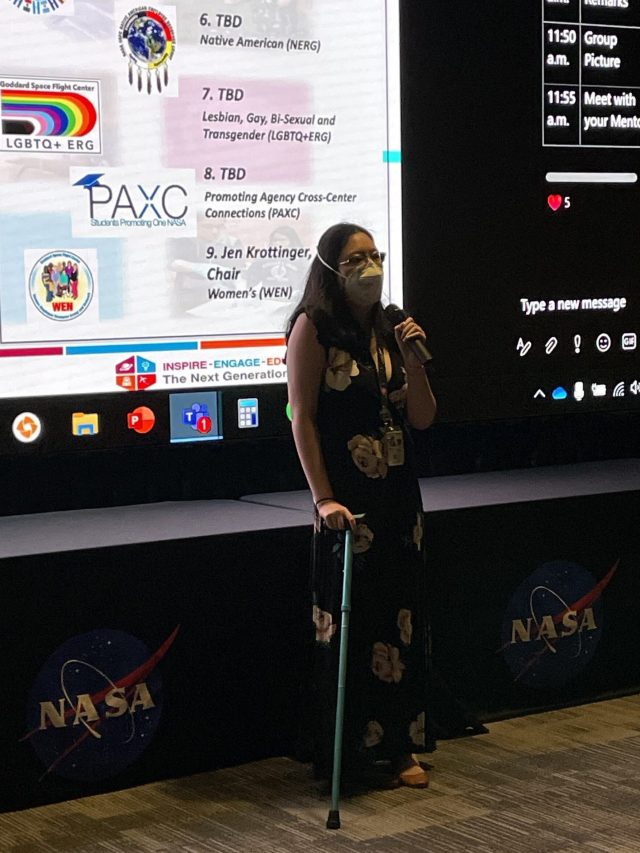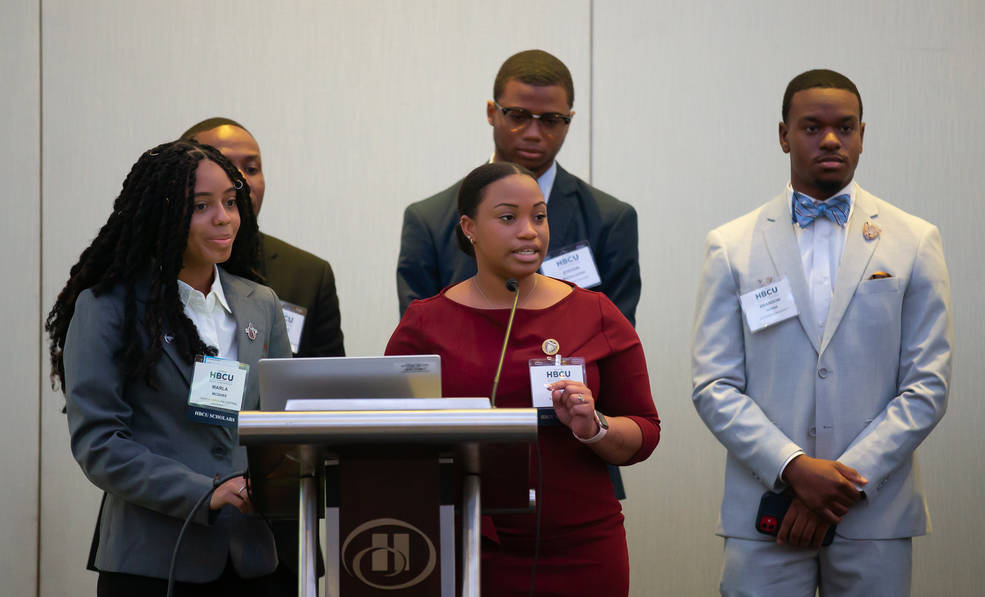NASA and the Department of Education, in support of STEM and diversity, equity, inclusion, and accessibility initiatives, are hosting a competition to engage students at HBCUs (Historically Black Colleges and Universities), ultimately bringing diverse talent into the future science, technology, engineering, and mathematics pipeline.
NASA and the Department of Education, in support of STEM and diversity, equity, inclusion, and accessibility initiatives, are hosting a competition to engage students at HBCUs (Historically Black Colleges and Universities), ultimately bringing diverse talent into the future science, technology, engineering, and mathematics pipeline.
Modeled from another NASA STEM activity, students will participate in a Space Tank Pitch Competition hackathon in September at the National HBCU Week Conference in September. The conference, which features a HBCU Scholar Recognition Program, is hosted by the Department of Education.
This is the third competition hosted by the two agencies in support of the White House Initiative on Advancing Educational Equity, Excellence, and Economic Opportunity.
Since 2014, NASA has helped provided HBCU scholars a compelling program with access to NASA STEM networks and resources. It is one of many elements in NASA’s expansive relationship with the White House, including a strategic plan in response to the HBCU Partners Act of 2020.
“NASA and the Biden-Harris Administration are committed to reaching students where they are and giving them the tools and opportunities to succeed in STEM-related careers,” said Shahra Anderson, NASA’s senior advisor for engagement. “In partnership with the Department of Education and the White House, this hackathon will drive innovation and prepare HBCU students – members of the Artemis Generation – to develop real-world solutions to some of our most pressing challenges.”
NASA’s student hackathon will concentrate on using the agency’s technologies to enhance HBCU communities. The hackathon is a modified version of the full Innovation and Tech Transfer Idea Competition (MITTIC) competition that takes place each fall and spring semester at NASA’s Johnson Space Center in Houston. The scholars are placed into predetermined teams and select a goal to address using a NASA technology. The teams then pitch their concepts to a panel of subject matter experts. The winning team will join the winners of the fall and spring Space Tank Pitch Competitions at NASA’s Ames Research Center in Silicon Valley.
“We are thrilled, once again, to engage with the White House initiative on HBCUs to enhance the learning experience for this year’s cohort of White House Scholars,” said Torry Johnson, Minority University Education and Research Project (MUREP) manager in the Office of STEM engagement at NASA Headquarters in Washington. “We are looking forward to the new ideas that the scholars develop at the hackathon using NASA’s technology portfolio and our continued overall support of the HBCU community.”
During HBCU week, the scholars also will tour NASA’s Goddard Space Flight Center in Greenbelt, Maryland, and take part in a special viewing of NASA’s “Color of Space” documentary highlighting the life stories of seven current and former black astronauts.
Through the HBCU Scholar Recognition Program, the White House initiative annually recognizes students from HBCUs for their accomplishments in academics, leadership, and civic engagement. Over the course of an academic school year, HBCU scholars participate in professional development through monthly classes and have access to a network of public and private partners such as NASA, which has helped increase participation in and awareness of the program.
“This year our 2023 cohort of HBCU Scholars has been invited to Goddard Space Flight Center to participate in the first ever MITTIC HBCU Hackathon,” said Elyse Jones Gillespie, coordinator for the Department of Education’s HBCU Scholar Recognition Program. “This opportunity is invaluable to our program as it provides our HBCU Scholars with access to NASA’s facilities and staff and will be a unique opportunity for HBCU students to explore the many ways in which they can commercialize NASA’s intellectual properties to improve their HBCU campuses. We are looking forward to the innovations that our HBCU Scholars will produce this year.”
Through their relationships with NASA, community-based organizations, and other public and private partners, HBCU scholars will also share promising and proven practices that support opportunities for all young people to achieve their educational and career potential.
Learn more about MUREP and the Mini MITTIC Challenge, visit:
-end-
Katherine Brown
NASA Headquarters, Washington
202-358-1600
katherine.m.brown@nasa.gov
Sandra Jones
NASA Johnson Space Center, Houston
281-483-5111
sandra.p.jones@nasa.gov


